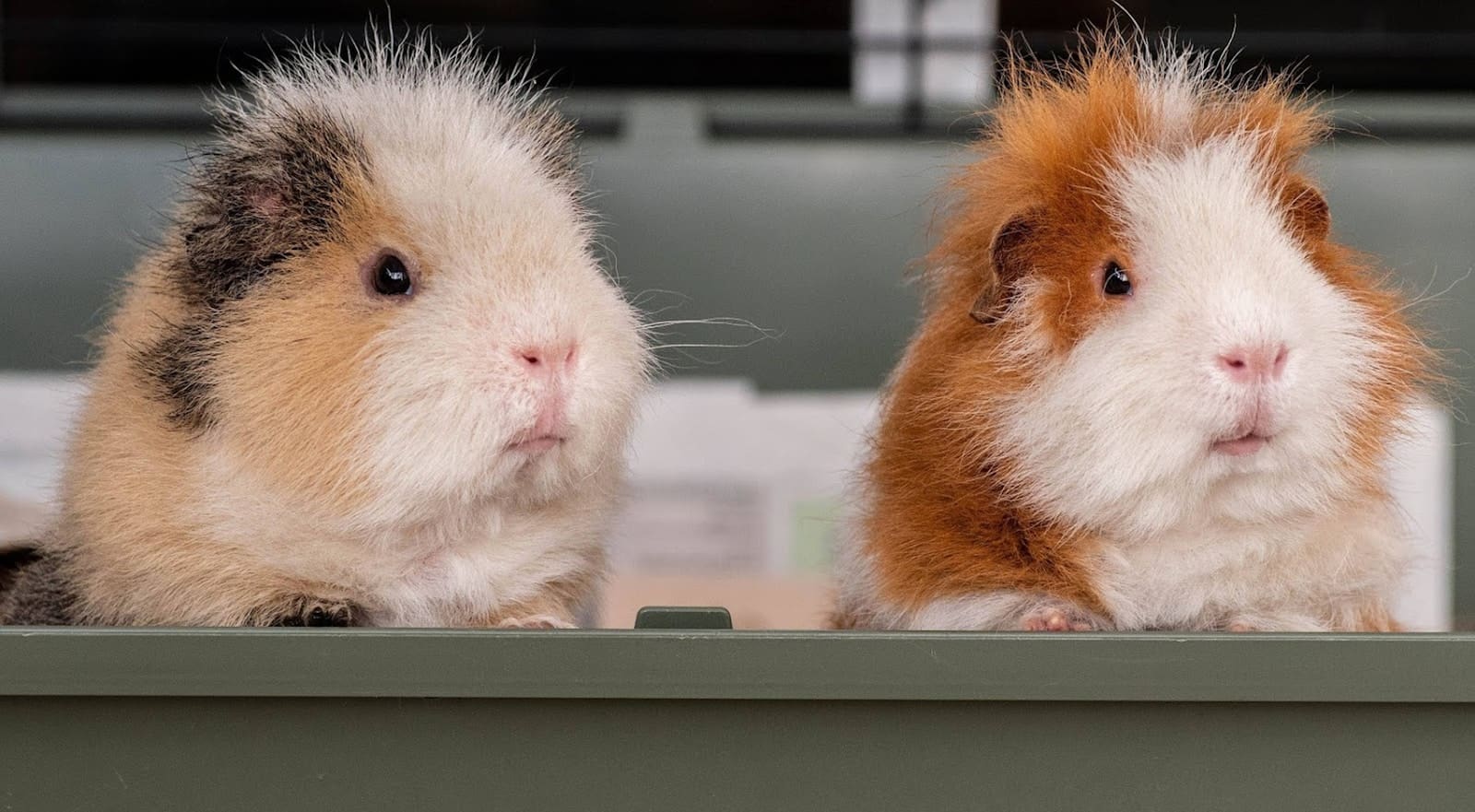Guinea pigs are excellent pets due to their gentle, sweet natures and relative ease of care when compared to other small pets. However, a number of myths about them can confuse new owners! Here are ten myths about guinea pigs and why they’re not true.
Small Cage
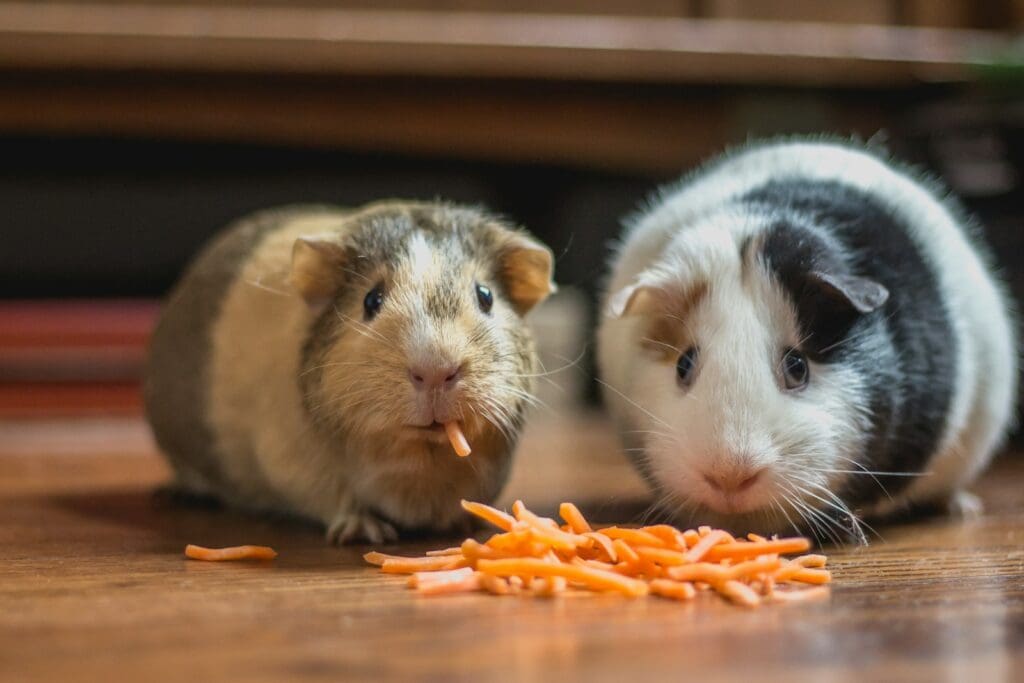
Many new guinea pig owners keep their pets in too small of an enclosure. It’s important to get a cage with plenty of room, especially if you plan on keeping two guinea pigs! It’s also advised to have two, as guinea pigs are very social animals that prefer to have a friend.
Only Males are Aggressive
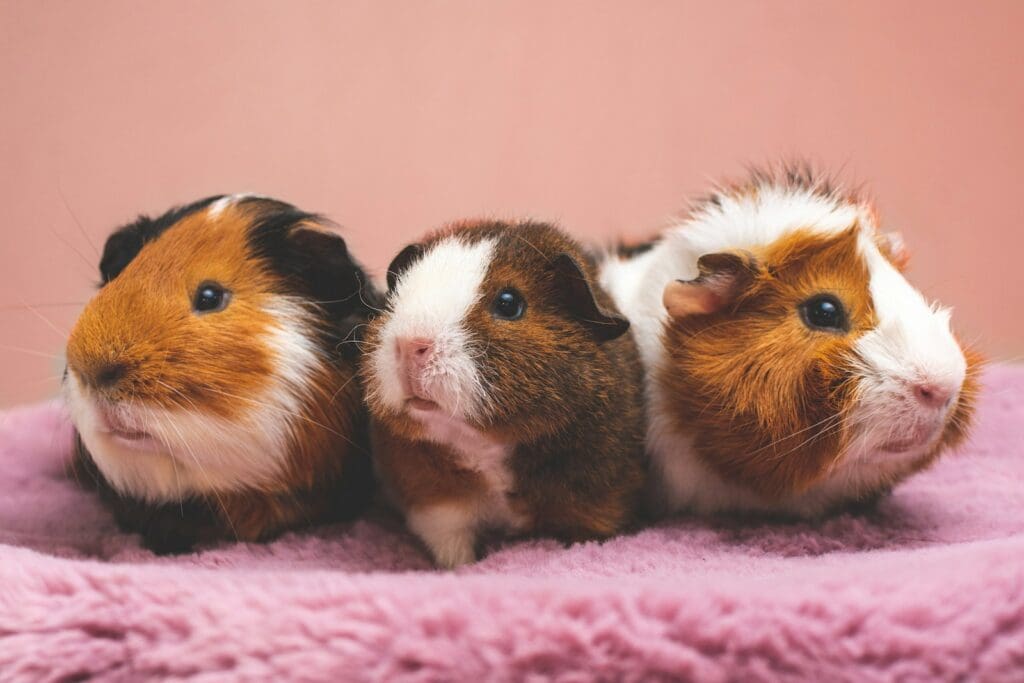
A piece of common pet wisdom holds that only male guinea pigs are aggressive. Sometimes it’s tough to get two male guinea pigs to get along in the same enclosure. However, the same thing can happen with female guinea pigs! Sometimes it’s easier to put a neutered male with a female than it is to pair two same-sex pigs.
No Vet Visits
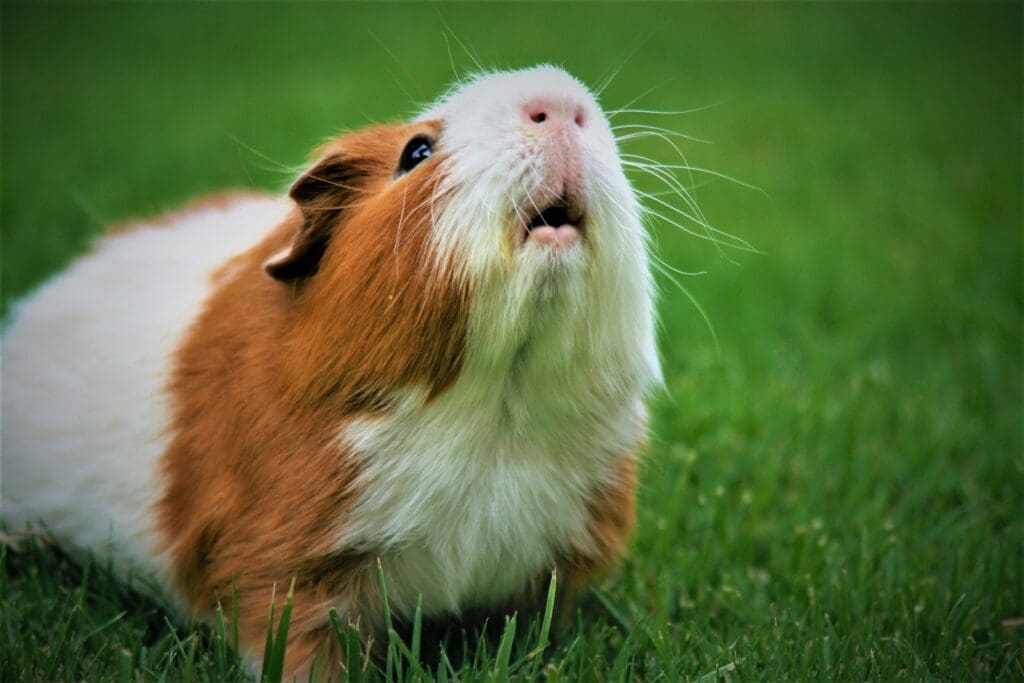
Guinea pigs aren’t the kind of animals you can just keep in an enclosure all the time and never take to the vet. They’re prey animals, so they often mask signs of weakness from their owners. Make sure they get annual or semi-annual vet visits to check up on their health!
“Starter” Pets
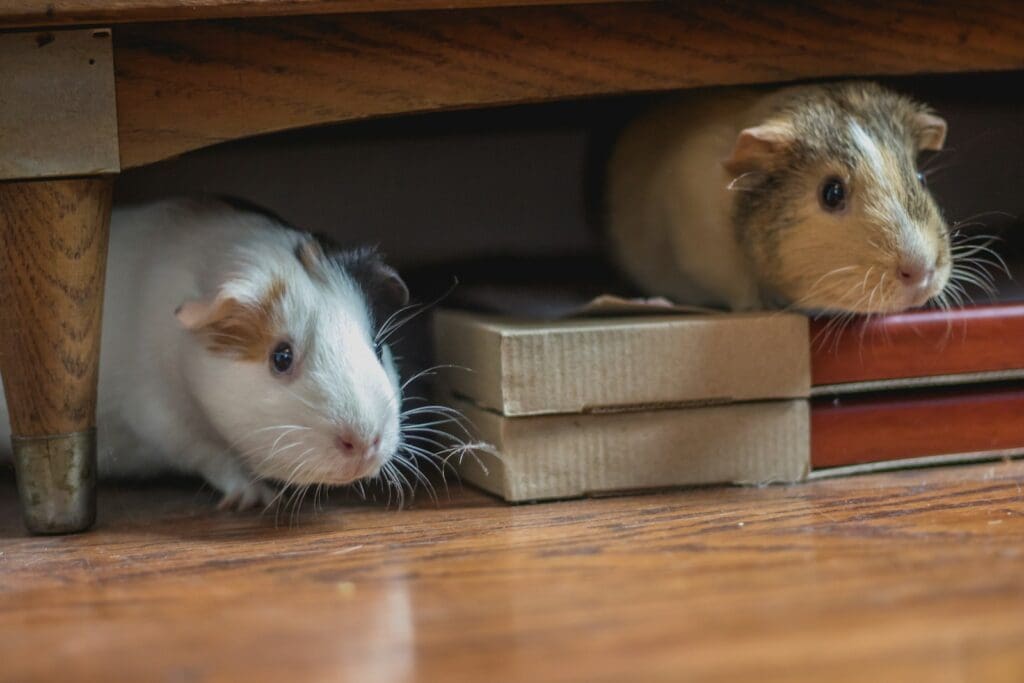
Guinea pigs shouldn’t be the sole responsibility of a child. Make sure they’re set up somewhere the whole household can be responsible for things like cleaning their cage, feeding them, and getting them water. They’re not “easier” to take care of just because they’re small!
Red Eyes are Bad
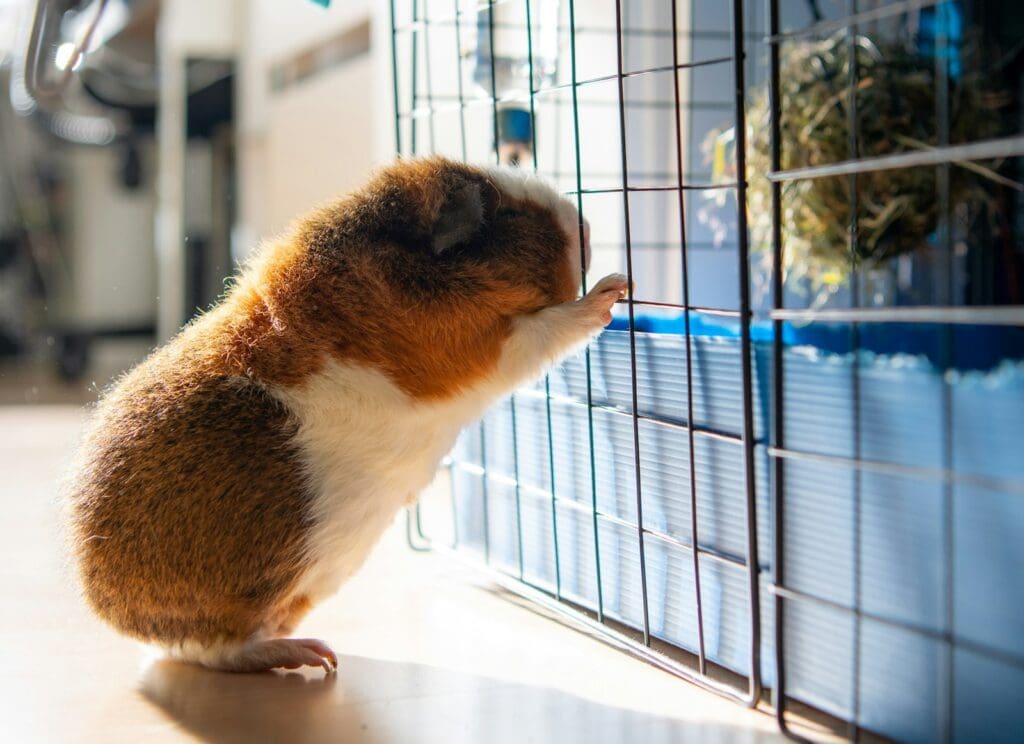
If you see a guinea pig with red eyes, that doesn’t mean they’re evil or sick. They just don’t have any pigment in their eyes! This is similar to what happens in animals with albinism. Ruby-eyed guinea pigs have no behavior or health issues related to their eye pigmentation.
Friends with Rabbits
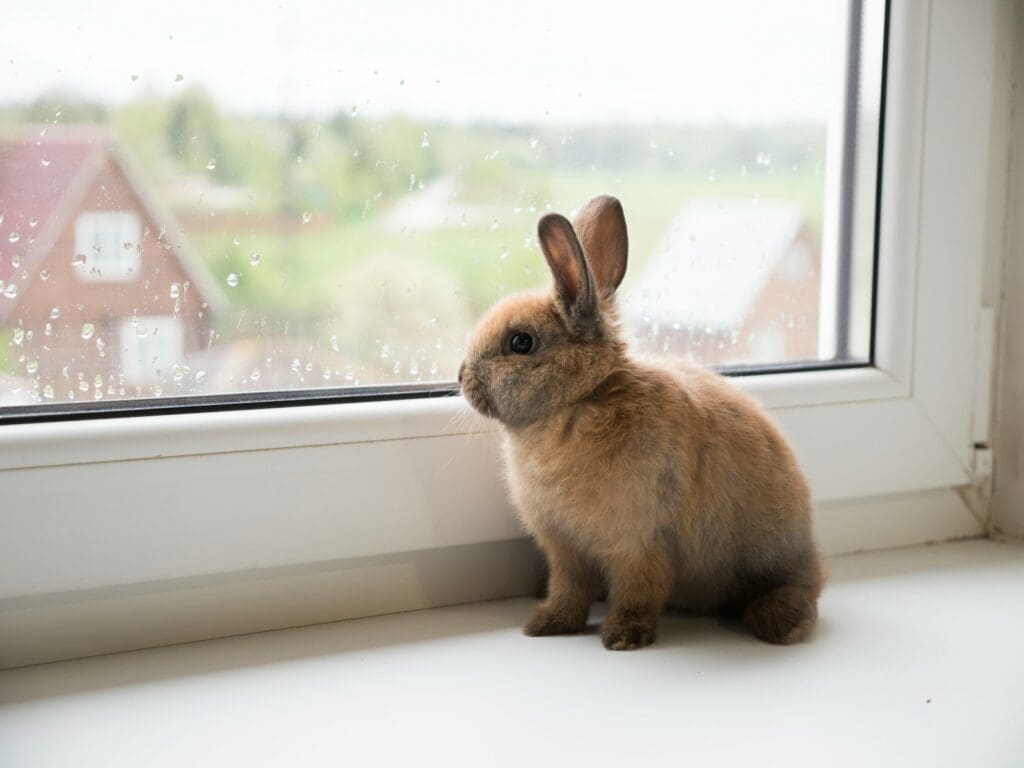
Guinea pigs and rabbits are often kept together, perhaps owing to a perception that both sweet-natured herbivores just naturally get along. They aren’t great companions though, as rabbits and guinea pigs require very distinct diets. Rabbits also have powerful kicks that could accidentally injure the pig!
Any Fruits or Veggies
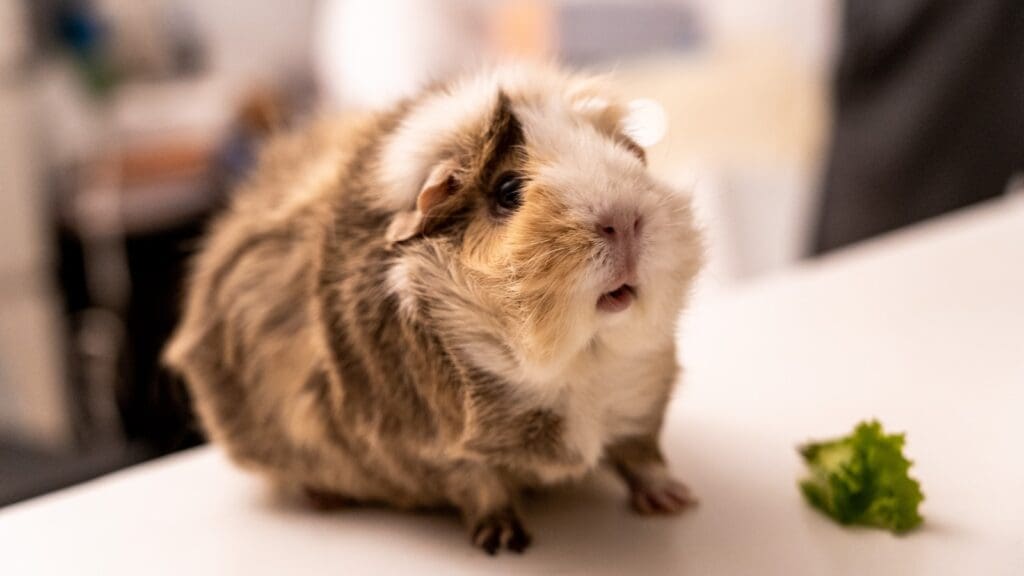
You can’t just give a guinea pig any fruits or veggies from the kitchen. They prefer eating hay, which should comprise the majority of their food, and fresh greens with lots of vitamin C. You should also feed them fortified vitamin feed that you can find at the pet store.
Living Outdoors
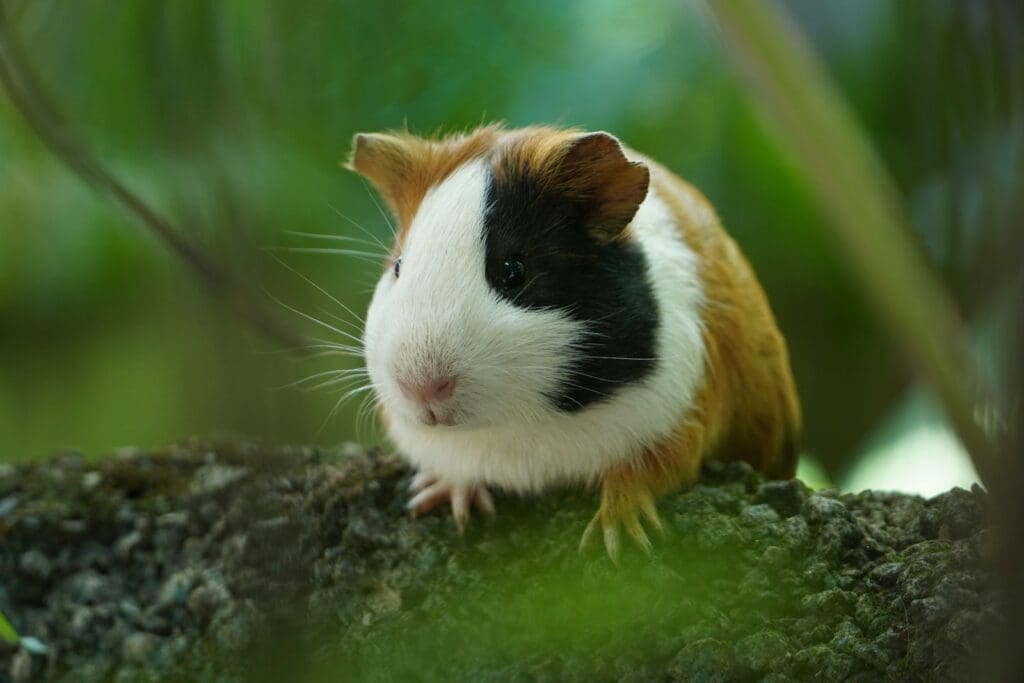
Guinea pigs shouldn’t be housed in an exterior area without some considerations for their safety and comfort. Make sure they’re well-protected from potential predators and have a comfortable place to sleep. Also, you’ll want to give them a large enough area to run around so that they get plenty of exercise!
Read More: How Pets Bring Us Closer to Nature
Low Maintenance
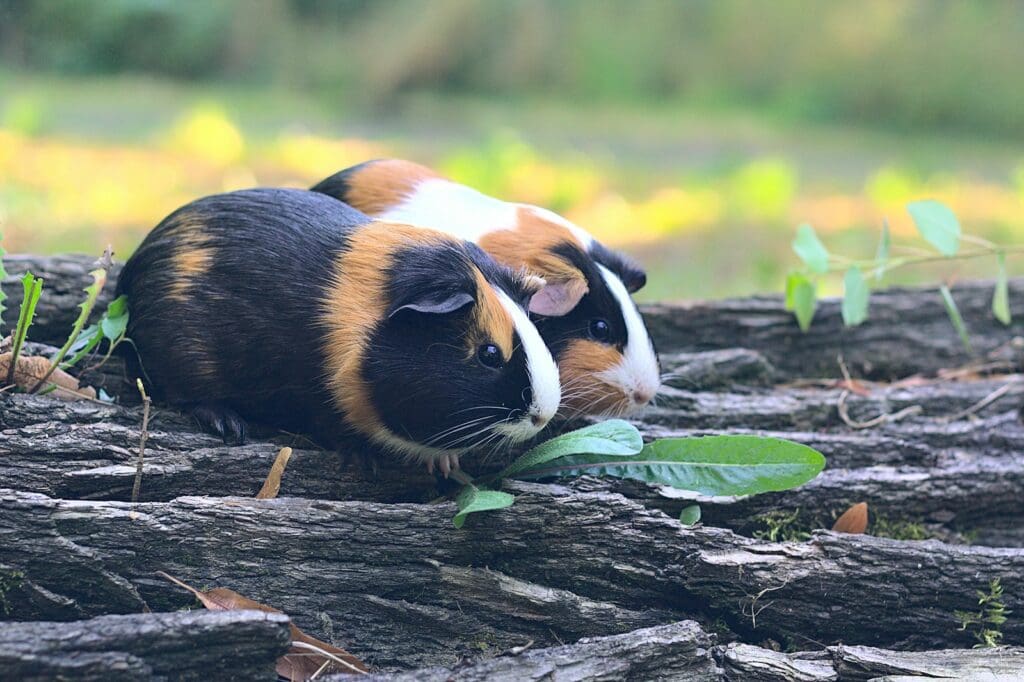
Guinea pigs aren’t exactly low maintenance, either. They need their bedding changed regularly—sometimes as much as once per day—as well as plenty of enrichment opportunities. Make sure to give them plenty of foraging opportunities and toys to chew on!
Read More: Animals That Are Probably Smarter Than You
They’re Not Loving
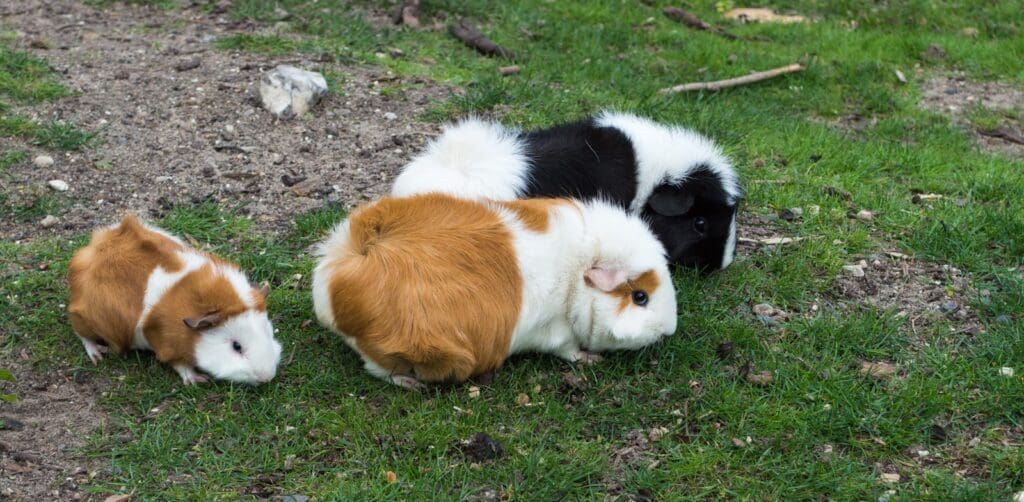
With proper care and attention, guinea pigs can live to be up to ten years old. They’re affectionate, sweet little animals with big personalities. Make sure they get plenty of exercise and enrichment and keep their bedding clean and you’ll have a happy, good-natured pet for years to come.
Read More: The 10 Best Pets for Kids with Anxiety

